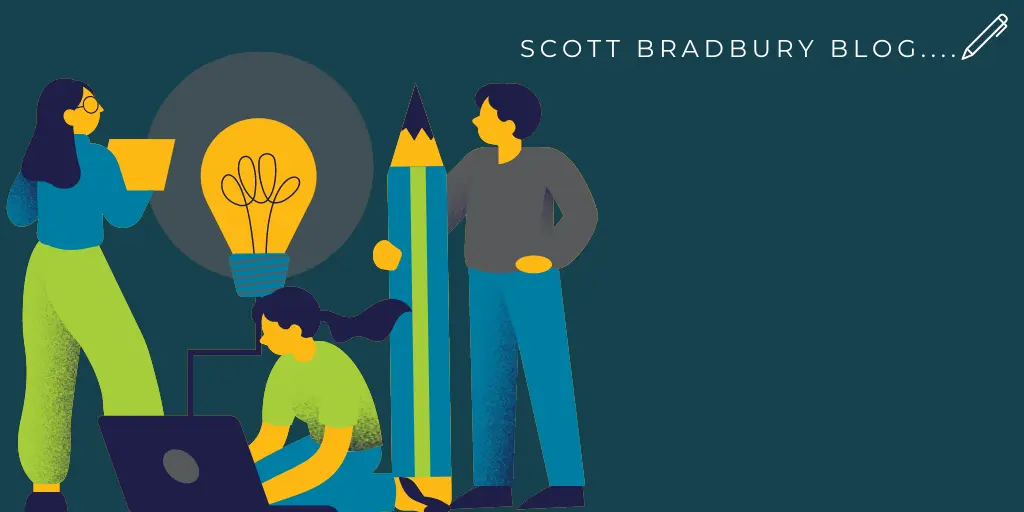
What does a good team ethic look like?
Is it a team that obeys the company’s rules? Or is it one that pushes the boundaries?
Is it one that looks internally for proven ideas to implement? Or is it one that is outwardly seeking new ideas to try?
Is it one that seeks consensus? Or one that actively encourages diversity of views?
The words professionalism, trust and respect all come to mind when we’re talking about a positive team culture. It’s a group of people who are highly motivated, engaged and proactive; who are aware of their own strengths and weaknesses.
If I type in ‘teams’ into our new search functionality on our WATCH & GO® platform a variety of resources are returned. Podcasts that promote ‘trust in teams’ and how we should welcome diverse views (thanks to Naomi Lockwood for that one). Videos that remind us how to support the wellbeing of our team, how to manage our team, and how to enable motivation in our team. There are also Skills Challenges that encourage creative thinking within teams, support influencing skills and provoke thought on how to run effective team meetings.
If I think back to the teams that I have worked in there have been ‘close-knit’ teams where we all got along and ‘challenging’ teams where we had to facilitate managing many different ideas and perspectives. There have been teams that I have worked in for over ten years and others that just lasted a few months whilst I was seconded onto a project. For the former, where we had built an understanding of each other over the time period, there was a “comfort zone”, where we could almost predict outcomes, but always there was steady progress with goals and objectives ultimately completed. For those short-lived team experiences, there was an intensity and sometimes a more inflammatory nature, where deadlines meant that there wasn’t the scope for placating behaviours or differing views – things just had to get done. If I reflect, I enjoyed working in both – there are times when we seek out the comfort of an established team but there are times when pace requires attitudes to be quickly put aside and that short-sharp focus is exhilarating.
I’ve worked in diverse teams and in teams where we all shared a very similar background, ideal, ethnicity. Both provided challenge but in different ways – acknowledging different perspectives and ways of working and conversely the need to provoke dissimilar viewpoints so that we weren’t stale and predictable. Chloe Shaw talks about the need to enable psychological safety in her Sound Advice podcast Inclusive Meetings – reminding us that in our teams we need our people to be aware that it’s ok to challenge the status quo and that actually it is diversity of opinion that really encourages innovation within a team structure.
Kindness and appreciation go a long way to building a great team ethic, whether that’s done in the workplace, via Zoom or in a managed ‘team build’. It’s important to take the time out to really understand each other to build relationships that support getting the job done or reaching the required goal. And, to build on that football analogy it seems fitting to end with a quote from Ted Lasso, “It’s just a group of people who care, Roy”.